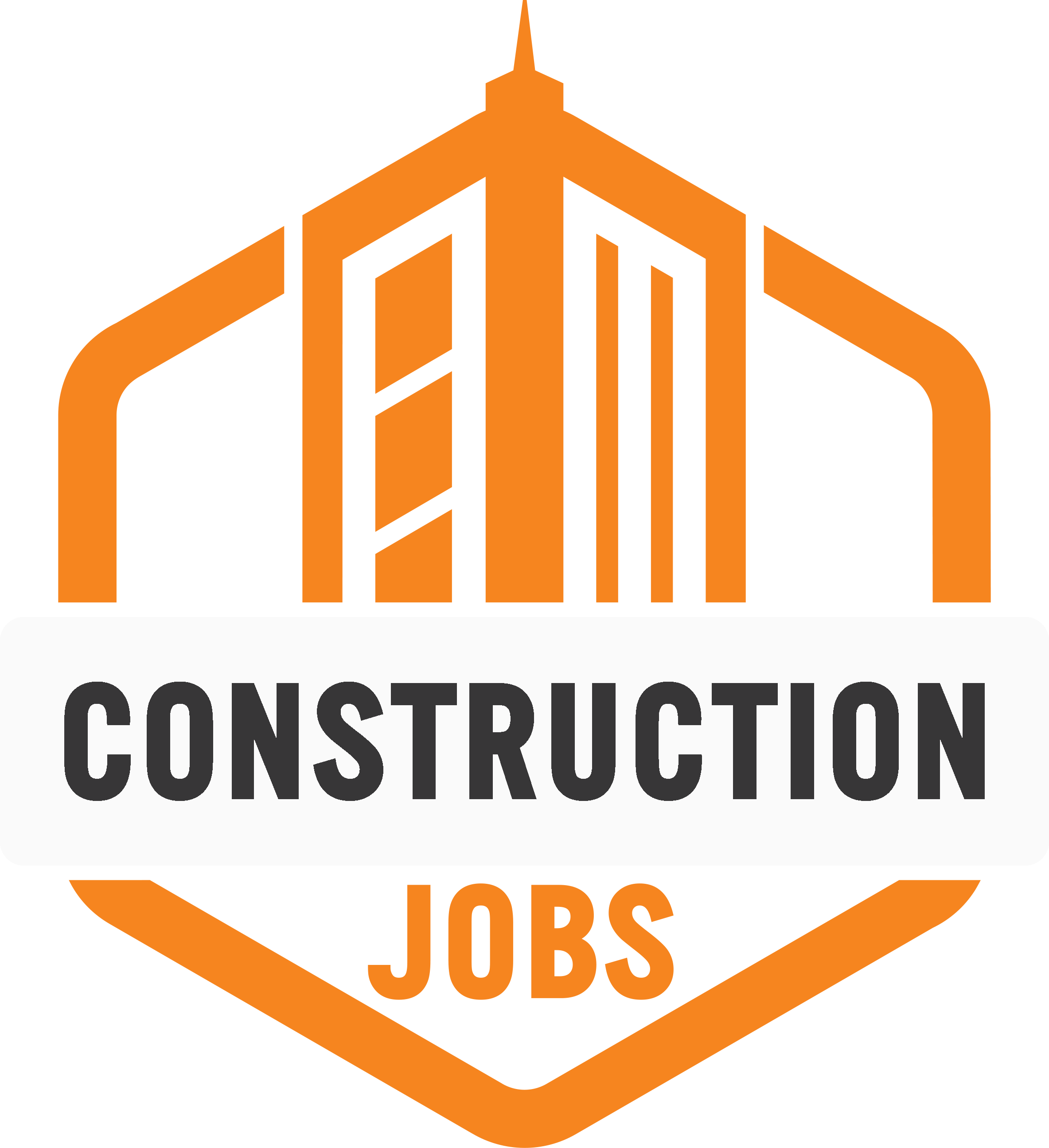5 Essential Skills Every Construction Professional Should Master
Enriching construction careers require technical prowess, communication, safety, project management, adaptability, and problem-solving skills.

The construction industry offers a variety of roles and opportunities that can result in enriching careers. There are a diverse range of projects, from residential buildings to infrastructure development. The industry's dynamic nature ensures construction professionals are constantly challenged and stimulated by new projects and technologies.
Nevertheless, finding success in the field requires more than just technical know-how. While possessing a strong foundation in construction principles is important, you must also develop a range of skills.
Technical Proficiency
Technical proficiency encompasses a wide range of abilities and knowledge related to the practical aspects of your specific place in the industry. Maintaining a high level of ability, knowledge, and experience that makes you an invaluable contributor to any project you work on.
Seek opportunities to improve your technical skills on a regular basis. This may involve acquiring specialized certifications or attending training programs every year or so. This is particularly helpful when there are new technologies or techniques expected to impact your role in the near future.
For instance, there are growing trends in sustainable construction processes. However, there remains a significant technical skills gap in this area both in terms of green infrastructure construction and sustainable domestic builds. It can be wise to take courses, such as the Leadership in Energy and Environmental Design (LEED) specialist certifications. This not only ensures you have the ability to contribute to sustainable projects, but it can also help future-proof your career in an increasingly environmentally-conscious industry.
Communication and Collaboration
The success of all construction projects is dependent on multiple contributors. You may need to interact with colleagues, clients, subcontractors, and suppliers, among other stakeholders. Therefore, effective communication and collaboration are key skills you need to master as a construction professional.
Firstly, it’s important to focus on the clarity of your communications, as this will help you collaborate more effectively. Articulating ideas, instructions, and problems requires you to use precise language and ensure all parties involved have a clear understanding of the message. This is something that can be difficult to do on your own. Regularly seek feedback from trusted colleagues and mentors to identify areas for improvement.
Another vital skill for your collaborative and communicative efficacy is conflict resolution. Construction projects can be complex and stressful, and disagreements may arise. You need to learn how to handle conflicts professionally and aim to find mutually beneficial resolutions. This requires you to develop interpersonal skills, your sense of empathy, and the ability to negotiate.
Safety and Compliance
Safety and compliance are of utmost importance in the construction industry. Work sites present inherent hazards, making it vital for you to the well-being of everyone involved. By focusing on developing your skills in this area, you can contribute to a positive and secure construction environment in all your projects.
One of the most important elements of this is maintaining a complete knowledge of construction safety regulations and procedures. This should include understanding how heavy machinery can be operated safely and correctly. Get to know what personal protective equipment (PPE) is required in different situations and why it’s important. Recognize the need for emergency measures, such as circuit breaker lock-outs that cut off machinery. If you’re in management, you should also familiarize yourself with the qualifications required to operate different machinery so you can ensure employees are adequately trained.
Project and Time Management
Construction projects often have various people performing different key tasks simultaneously. It is essential for professionals to take steps that reduce the potential for human error to derail projects. This can include collaborating with automated tools and adopting solid oversight procedures. However, one of the key skills you should develop to have a positive impact here is good project and time management.
This should include learning how to build and maintain comprehensive project schedules. Work with more experienced colleagues to understand how to create a detailed timeline that outlines the realistic sequence of activities, milestones, and deadlines for each phase of the project. This must include consideration for potential delays and unforeseen circumstances.
Efficient resource management is also a central component of time and project management. You need to gain the ability to allocate labor, equipment, and materials effectively to optimize productivity and minimize downtime. This involves learning how to assess resource requirements and coordinate with suppliers to ensure all elements are available when they’re needed.
Adaptability and Problem-Solving
Construction sites often present unexpected challenges. By taking the time to master adaptability and problem-solving, you can effectively overcome difficult hurdles and ensure the successful completion of your projects.
In essence, adaptability is the ability to adjust and thrive in changing environments. This tends to come from experience. It is, therefore, important to seek out opportunities to experience unexpected challenges. This can be both in your professional duties and your personal life. You need to develop a sense of flexibility and be open-minded about how you approach such situations.
With regard to problem-solving skills, you can cultivate this through deliberate practice and a systematic approach. Start by adopting a problem-solving mindset that embraces curiosity, critical thinking, and a willingness to explore multiple perspectives. Look for complex issues and think about how you can approach them in new ways. It can even be helpful to get involved in creative competitions that push you to find solutions under difficult yet fun circumstances.
Conclusion
To find success in the construction industry, you’ll need to develop a diverse range of skills. This includes continuously honing your technical abilities, building effective communication and collaboration skills, and mastering project management. It’s also vital to gain adaptability and problem-solving skills to overcome challenges.
However, it’s vital to remember that the industry is continuously evolving. Therefore, you need to remain proactive about researching and adapting to oncoming industry needs. This requires a commitment to lifelong learning and professional development, whether through attending industry conferences, participating in training programs, or staying updated with the latest trends and advancements in construction technology.
Author: Amanda Winstead is a freelance writer in the construction industry
- Share This →

